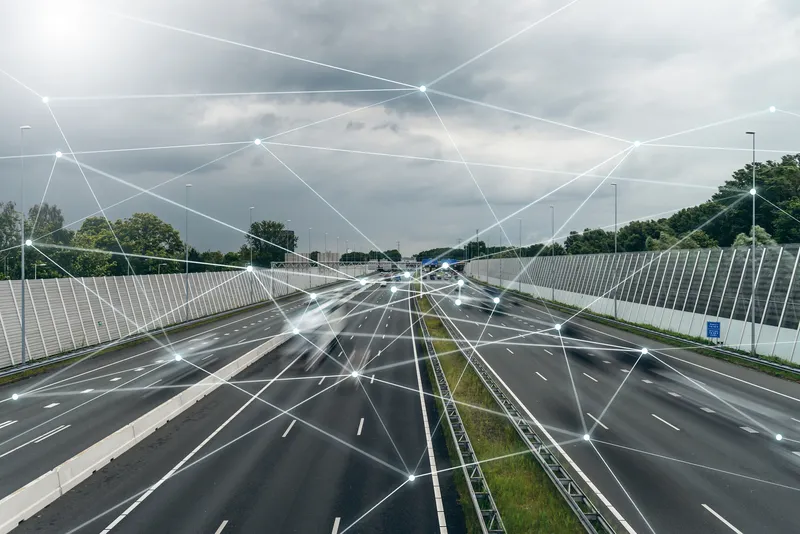In a deal that will combine Lysanda’s B2B customer base alongside Tracker’s long-standing B2C sales reach, telematics and infomatics provider Lysanda has acquired Tracker Network, a wholly owned subsidiary of Direct Line Group. The combined companies intend to establish Tantalum Corporation, with approximately US$32.5 million in revenues and some 500,000 telematics installations throughout Europe.
Commenting on the acquisition, Cédriane de Boucaud, CEO of Tantalum Corporation said:
“Lysanda has been a
February 7, 2014
Read time: 2 mins
In a deal that will combine 7607 Lysanda’s B2B customer base alongside 4302 Tracker’s long-standing B2C sales reach, Telematics and infomatics provider Lysanda has acquired Tracker Network, a wholly owned subsidiary of 4236 Direct Line Group. The combined companies intend to establish Tantalum Corporation, with approximately US$32.5 million in revenues and some 500,000 Telematics installations throughout Europe.
Commenting on the acquisition, Cédriane de Boucaud, CEO of Tantalum Corporation said: “Lysanda has been at the forefront of developing highly strategic and innovative solutions for fleet operators, OEMs, and their Tier 1 suppliers. The technology has very broad applicability and we believe it is poised for rapid growth. By acquiring Tracker, we have immediate scale and extended infrastructure that gives our fleet operators, OEM customers and other prospects confidence that we can deliver both volume and support to major vehicle roll-out projects.
“Tracker has tremendous depth and experience in managing a very large, real-time customer base and has a highly complementary product range that Lysanda can leverage, combining VHF and GPS-based technologies. Our customers want both in-production and after-market solutions and Tracker is very experienced in delivering to both the business and consumer market places”.
Stephen Doran, managing director of Tracker, comments: “Tracker is a very well-known and respected brand in the UK, serving consumers, corporates and insurance customers and is recognised for providing the very best digital technology to deliver proactively the best stolen vehicle recovery technology available in the market. This is a highly complementary merger as Lysanda has the innovation and OEM relationships we need to continue our recent developments in Fleet and Insurance Telematics. This will position the new entity as one of the UK’s most advanced and scalable Telematics company”.
Commenting on the acquisition, Cédriane de Boucaud, CEO of Tantalum Corporation said: “Lysanda has been at the forefront of developing highly strategic and innovative solutions for fleet operators, OEMs, and their Tier 1 suppliers. The technology has very broad applicability and we believe it is poised for rapid growth. By acquiring Tracker, we have immediate scale and extended infrastructure that gives our fleet operators, OEM customers and other prospects confidence that we can deliver both volume and support to major vehicle roll-out projects.
“Tracker has tremendous depth and experience in managing a very large, real-time customer base and has a highly complementary product range that Lysanda can leverage, combining VHF and GPS-based technologies. Our customers want both in-production and after-market solutions and Tracker is very experienced in delivering to both the business and consumer market places”.
Stephen Doran, managing director of Tracker, comments: “Tracker is a very well-known and respected brand in the UK, serving consumers, corporates and insurance customers and is recognised for providing the very best digital technology to deliver proactively the best stolen vehicle recovery technology available in the market. This is a highly complementary merger as Lysanda has the innovation and OEM relationships we need to continue our recent developments in Fleet and Insurance Telematics. This will position the new entity as one of the UK’s most advanced and scalable Telematics company”.









